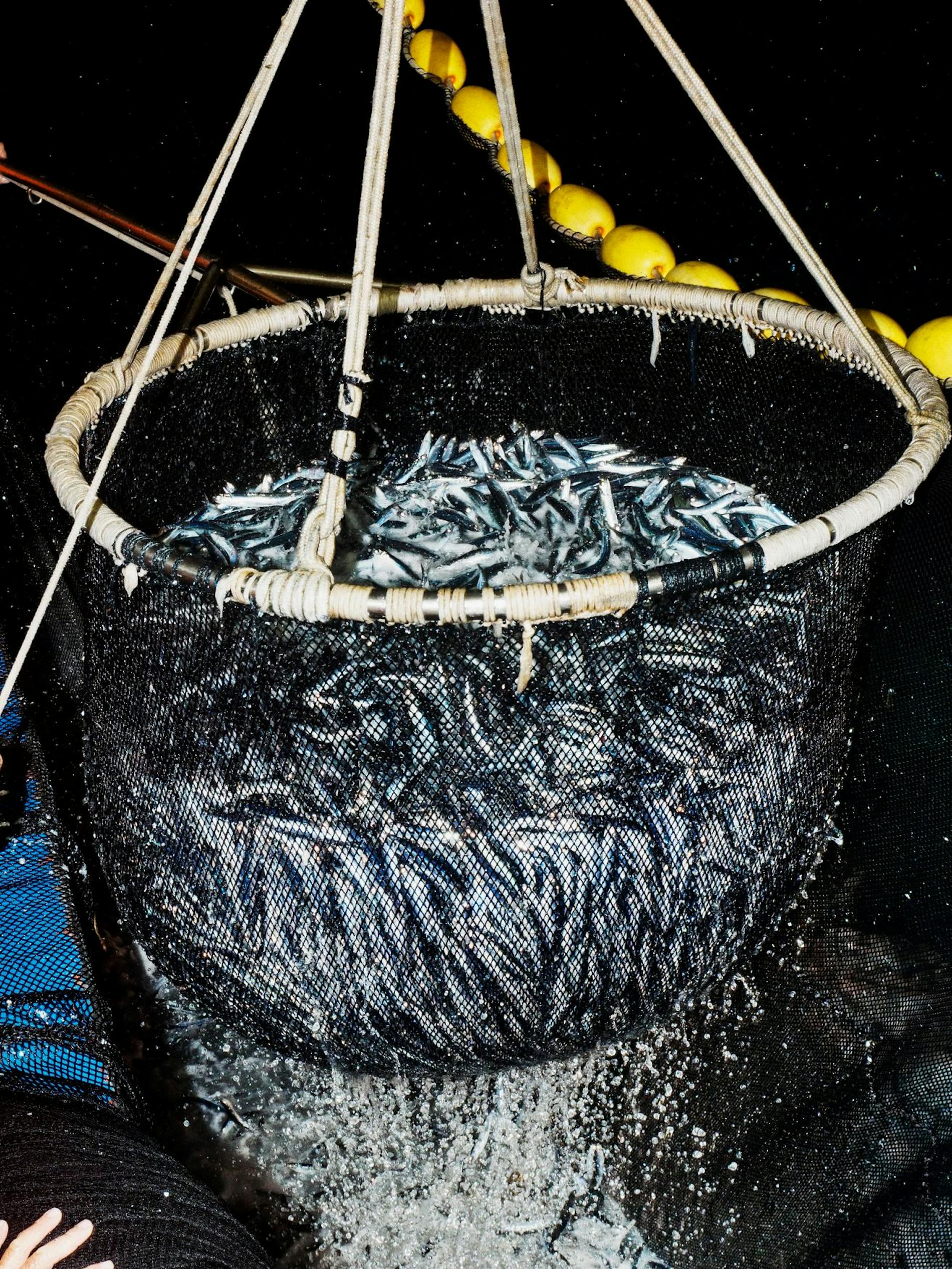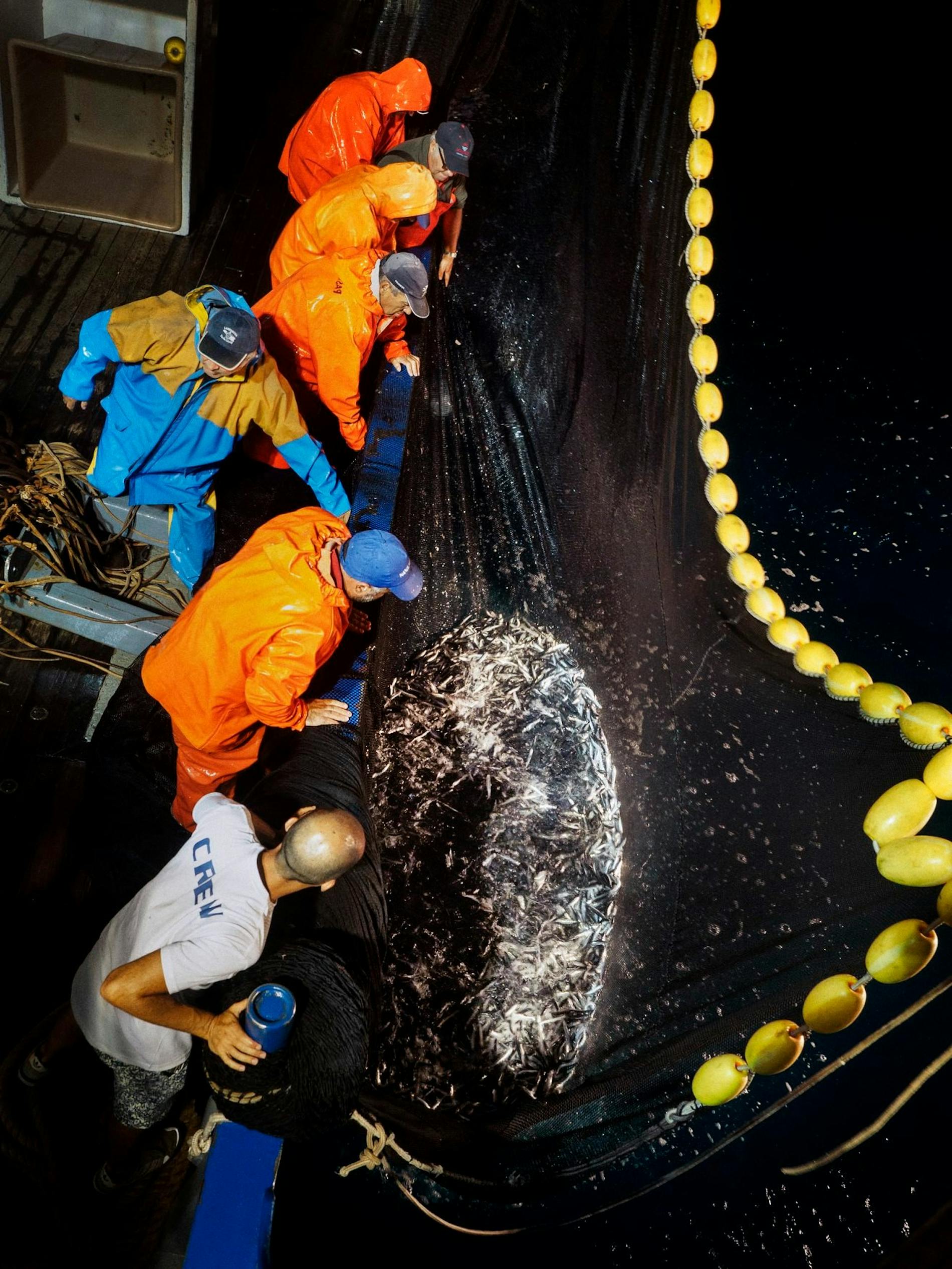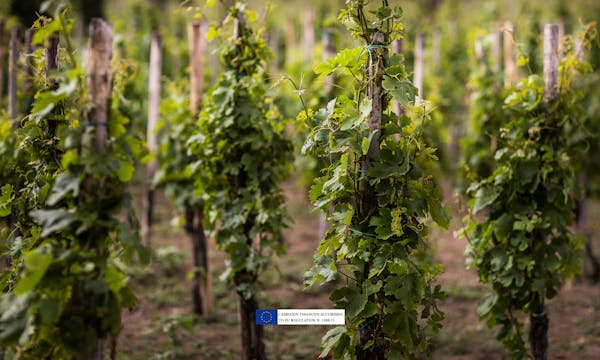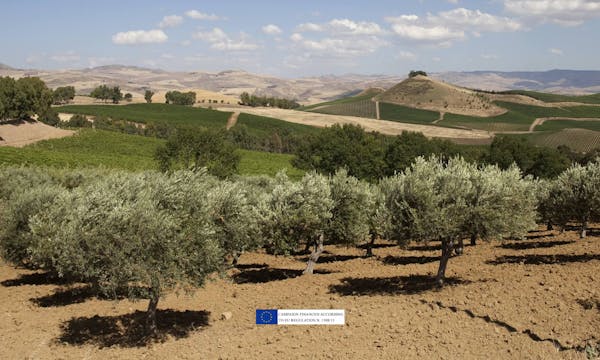Introducing Testa Conserve
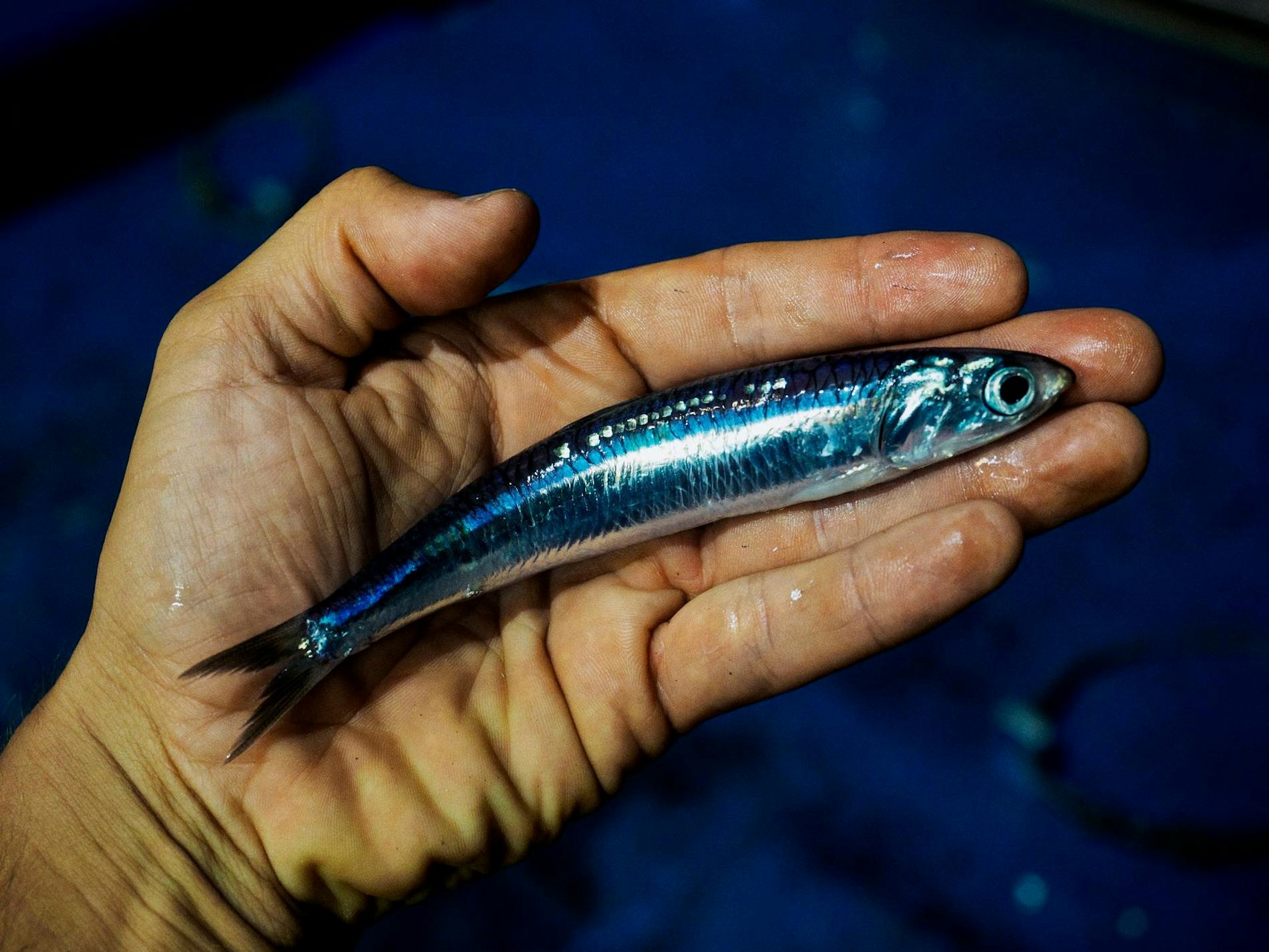
15 seamen, together with the capitan Pippo Testa, are leaving Porto Palo in #Sicily, heading towards the tuna catching area. They will take a detour to embark an ICCAT observer. Who’s this guy and why him?
If you’re a tuna-season newbie here’s a recap of the previous episodes: in the last decades, Thunnus Thynnus has suffered a huge fishing pressure. In 2009, ICCAT, the institution that looks after the conservation of bluefin tuna, imposed a stop, followed by a consistent reduction of the quotas and an increase of controls. From around 100 boats, today only 18 boats are authorised to partecipate to the catch of the tuna in Italy.
The measures worked out pretty well and today the tuna is in good health. At the same time, all these rules have completely transformed the way of fishing.
📹 Boats must convey real-time videos of their tuna haul to the Ministry in charge of the fish trade, and await their confirmation. “No internet, no fishing”.
🐟 Each caught tuna (minimum size is 30kg) has its own document. If this is missing, it means that it was caught illegally.
‼️ No one of the tuna is actually killed. It may seem bizarre but when the shoal of fish is identified, tuna are captured and then transferred to “growth tanks”, where they will be fed with blue fish and left to grow.
There are three stakeholders when catching bluefin tuna: the crew, the ICCAT observer and the Ministry for Agriculture, Food, Forestry and Tourism. Nothing can proceed without the unanimous agreement among the three parties. This can take place at any time of the day. Send film footage has become as important as having wind in the sails in the past.
The encounter with the "right" school of tuna is an unpredictable event that requires a considerable amount of patience and concentration. The resettlement of bluefin tuna is an unexpected jump into the past and, at the same time, a powerful hope for the future.
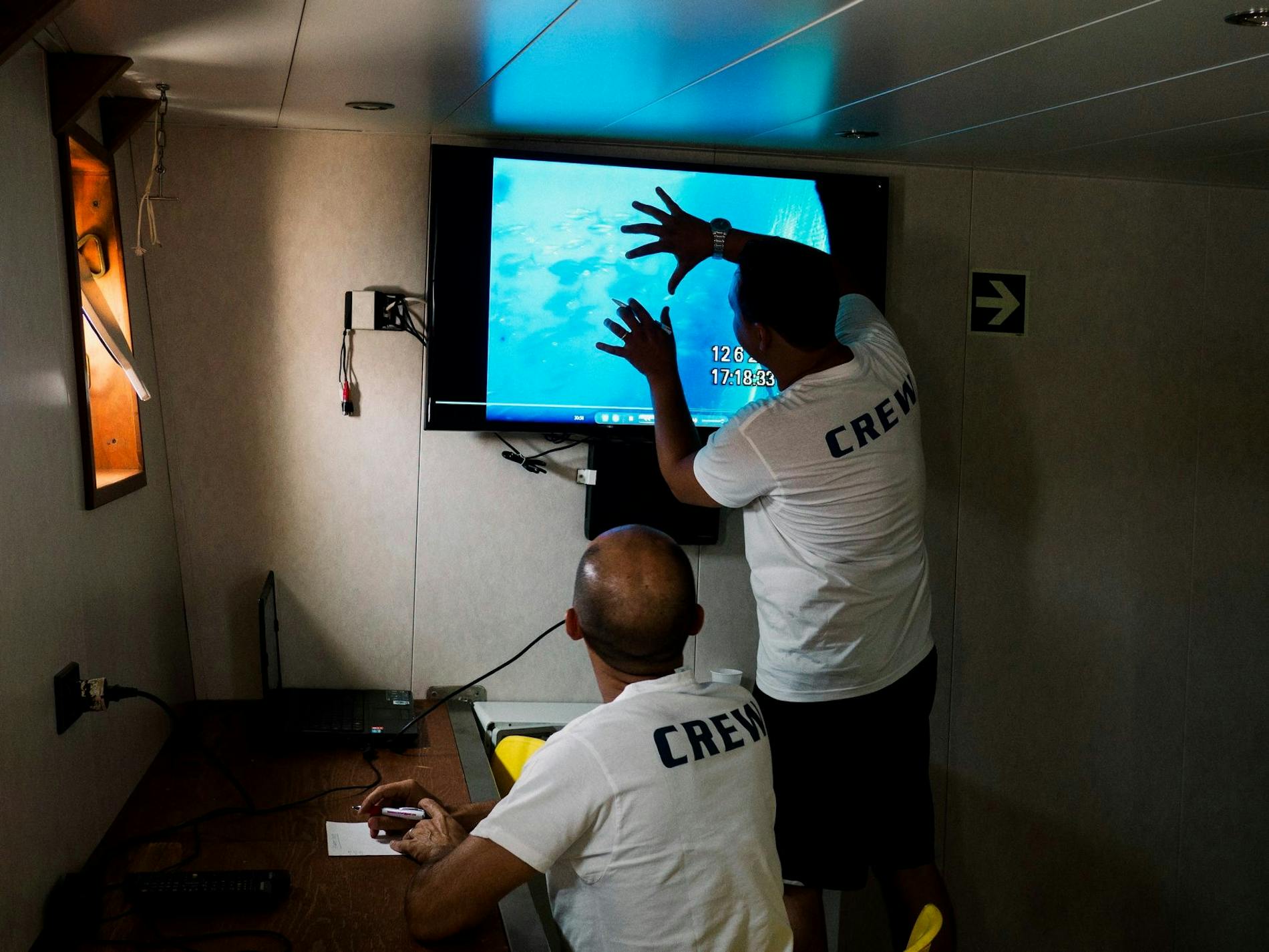
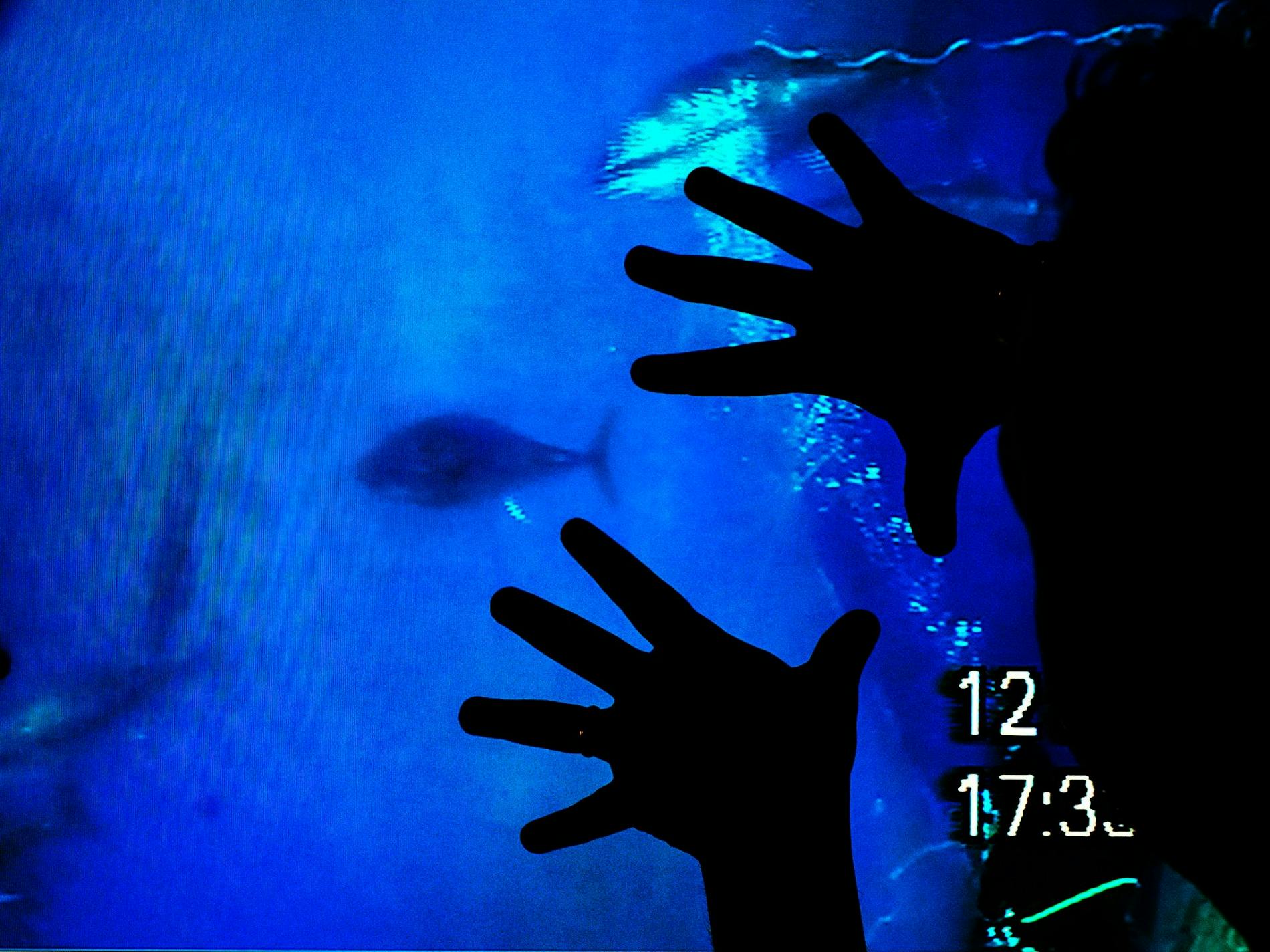
As made very clear by the Bluefin tuna story (check out previous post 🐟), the future of fishing relies on ethical approaches and practices that will not only protect the sea but also effectively work towards its growth. @testa_conserve’s first rule is to be at one with nature, with great strength, reciprocating generosity and mutual esteem.
If an image were to depict the present and the past of the Testa fisherman, it would be a man helming the boat with a lamp hovering above a school of oily fish. He still works with the ethics of the past, only that today instead of shouting out orders, he communicates via whatsapp with the institutions to coordinate the “logistics of the environment”.
Yet, there’s still that rousing unexpectedness and a never-ending faith. “Being a fisherman is a job that requires you to believe in it. You are so small in front of so much omnipotence. You need courage and humility. Patience and hope.” We couldn’t find better word than the ones of Capitan Pippo Testa.
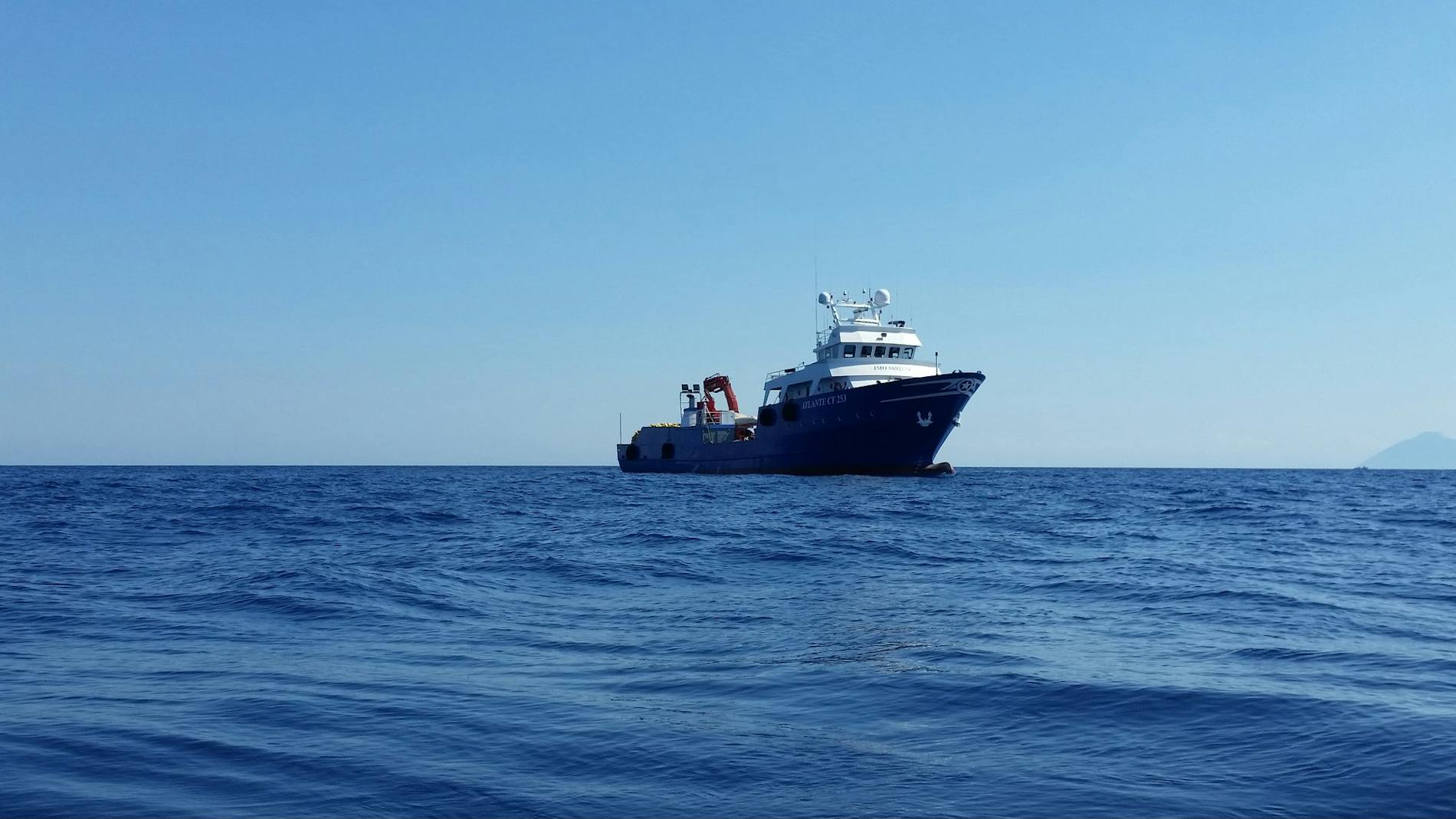
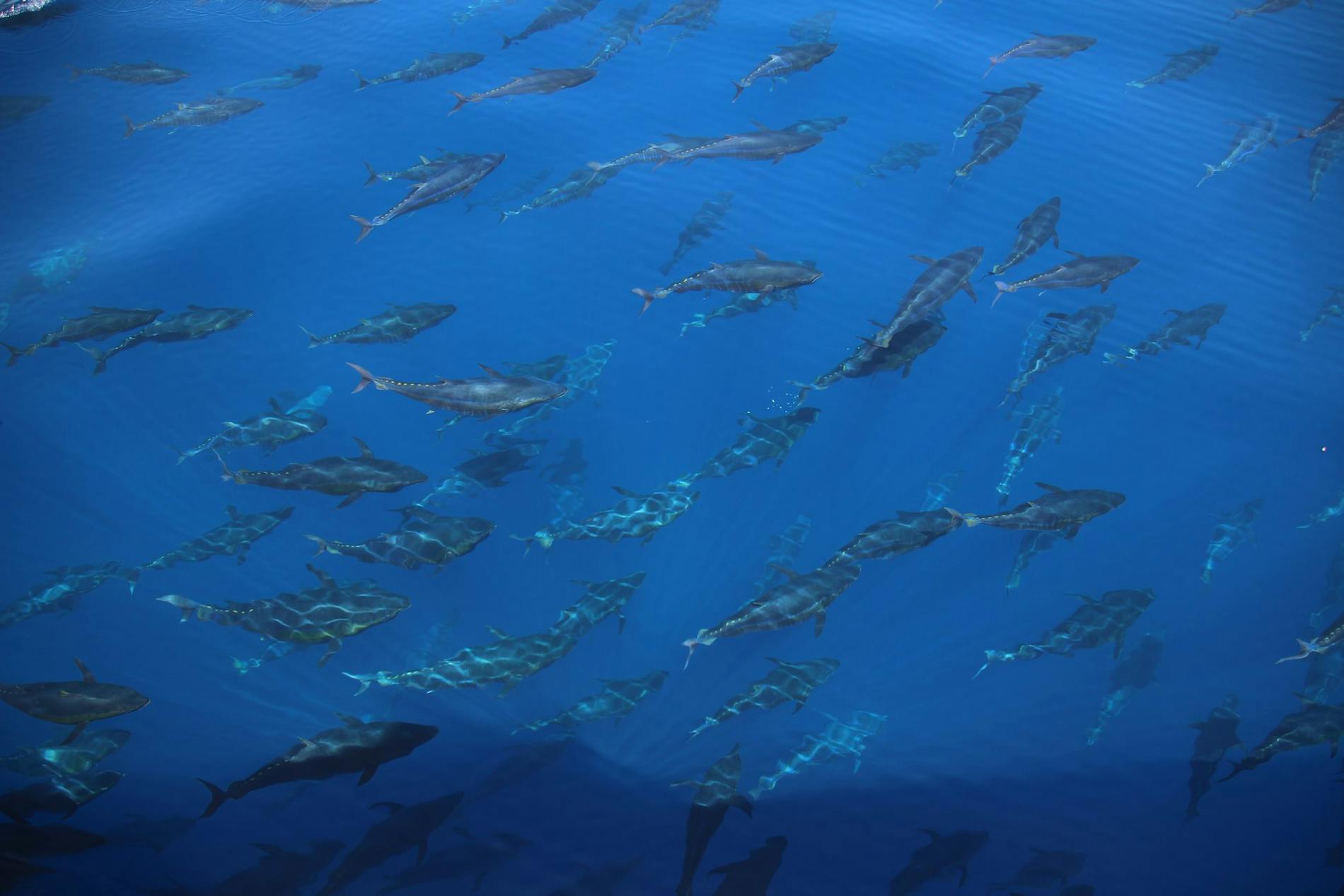
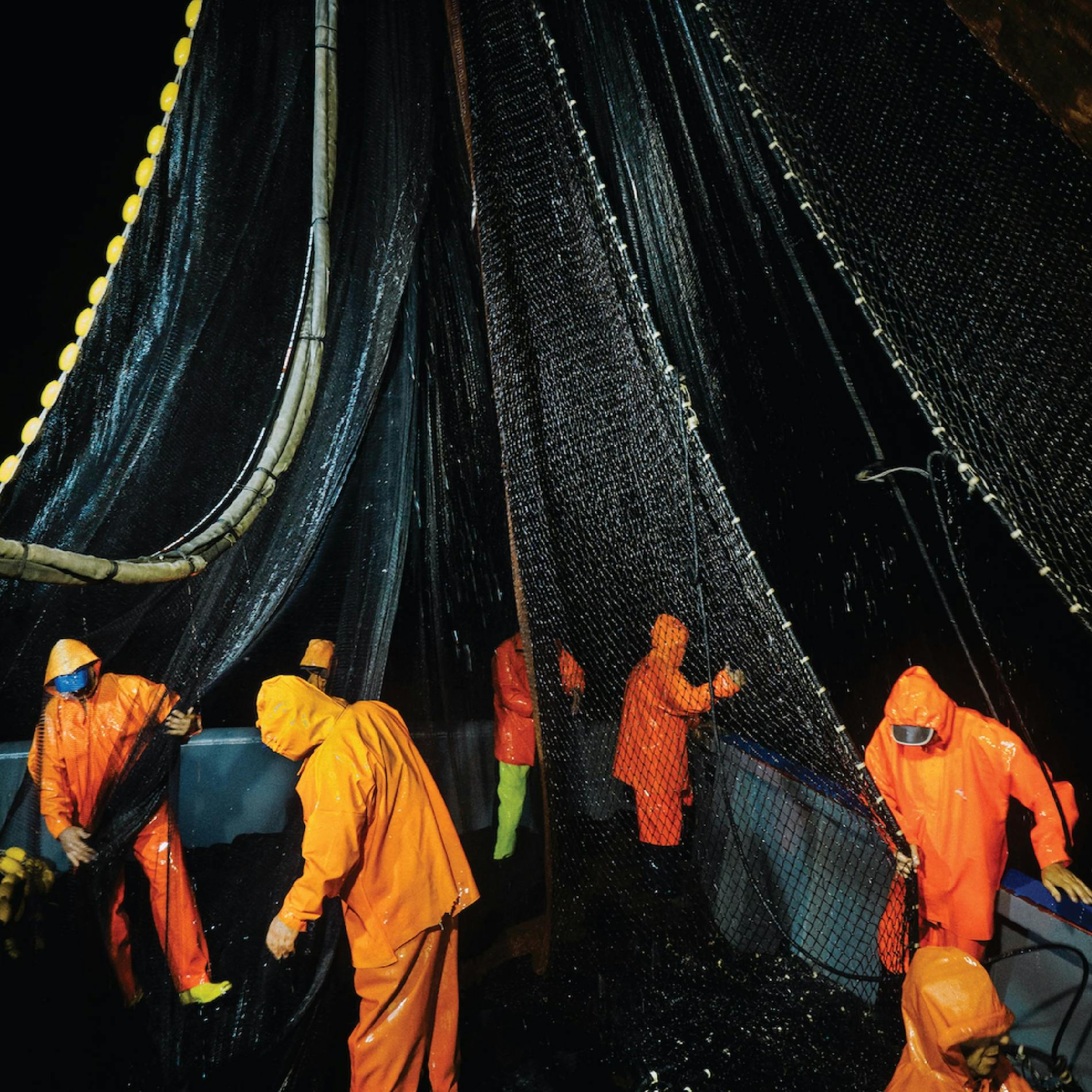
At Ognina, in Sicily, there is a “Via Testa”, a testament to the deep roots of the family and in memory of the past generations. @testa_conserve descendants continue to be protagonists of this sea-history, carrying one of four names that run through the Testa bloodline - Salvatore, Giuseppe, Concetto and Antonino.
Swiping left:
𝗡𝗶𝗻𝗼 𝗧𝗲𝘀𝘁𝗮 is the innovative mind of the company, he embraces new pathways towards the environmental sustainability, safeguarding a wealth of knowledge that he received.
𝗚𝗶𝘂𝘀𝗲𝗽𝗽𝗲 𝗧𝗲𝘀𝘁𝗮 is the perfect example to show that it is possible to work with the sea, while staying on land. His role is to make sure that each element of the system is smoothly interlocked into the next.
𝗧𝘂𝗰𝗰𝗶𝗼 𝗧𝗲𝘀𝘁𝗮 is the commercial director of Testa. He proved himself in different sectors on land, strengthening his entrepreneurial skills at different levels. In the end, it was the call of the sea that won and he officially joined the Testa family business.
To round off with a boom, 𝗣𝗶𝗽𝗽𝗼 𝗧𝗲𝘀𝘁𝗮, the Captain. He came from a family that has fished for generations. He possesses a strong sense of family unity and the will and doggedness to persevere in this trade at all costs. He was confident enough to become capitan at 14, yet wise enough to understand a fundamental rule: “You do not fight with the sea. There are so many unpredictable elements and you can only seek to know the sea and befriend it. I talk to the sea. It is a friendship built on commitment.”
